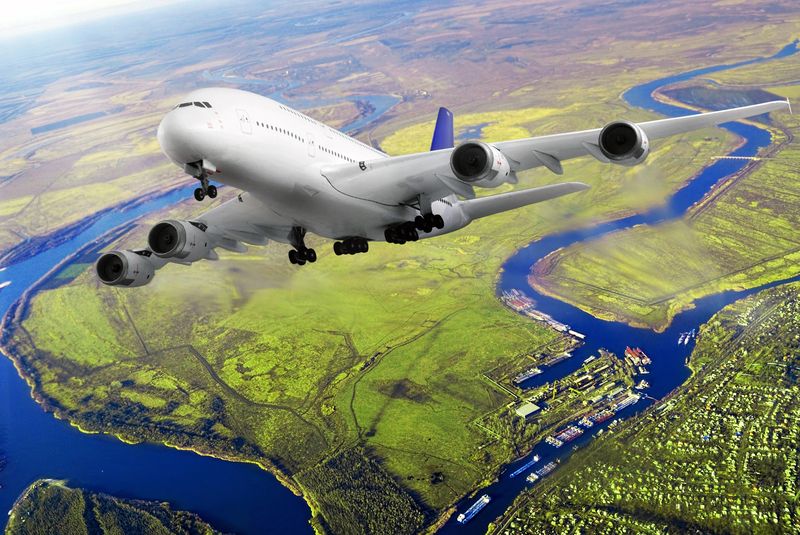There has been a lot of talk and rumors about traveling and the coronavirus recently. Here’s a little information to help you make informed decisions.
Flight prices may be lower than normal, but they are dropping for a reason. People aren’t flying due to this outbreak. No one can’t stop you from making the decision to travel, but it is discouraged so please be mindful and careful when choosing where to go. China, Italy, and Iran have been hit the hardest with the most recorded amount of infected cases. Just because these have the most, doesn’t mean other places are any safer. Places around the world are steadily having increased outbreak rates.
Travel notices let us know what places are considered safe to travel to. This is constantly being updated and the updated list can be found at this link: https://www.cdc.gov/coronavirus/2019-ncov/travelers/index.html.
Areas marked purple should be avoided if at all possible. These places have widespread ongoing transmission with restrictions on entry to the United States.
Areas marked dark orange have widespread ongoing transmission but have no restrictions on entry to the United States.
Areas marked with the slightly lighter orange have ongoing community transmission. Areas in this group should avoid having older adults and people with chronic medical conditions traveling. (Due to this being a global outbreak, all countries not in the above 2 groups are likely in this group.)
Again, this is constantly being updated so refer to the previous link for updated information.
It shouldn’t come as a surprise, but the more people travel from place to place, the more likely people are to become carriers of the virus and thereby help it spread quicker. Knowing this, if you continue to plan out a trip somewhere, make sure you take proper precautions, including constantly washing your hands while traveling and once you return. As a rule of thumb, avoid touching your face as much as possible to lower the chance of infection as well.
Travel by ship:
It is currently recommended to avoid all cruises at this time. This is due to people from all over being confined to one space for an extended period of time. This can drastically increase the chances of an infection spreading. If a cruise is taken, take precautions. Some steps to take include discussing the trip with your healthcare provider and avoiding close contact with people you know are sick while on the cruise. If you find out you are sick, stay in your cabin. Also let the medical staff on board know immediately.
Travel within the United States:
Each state is issuing its own regulations, but in general, it is best to avoid any unnecessary travel. Before traveling somewhere check to see what the current situation is at your destination. If it appears to be worse than your current area, you would likely be more at risk of obtaining the virus and therefore more likely to spread it. If your destination is for some kind of public event or where multiple people will be crowded together, it might be best to cancel your trip to protect yourselves. Also consider your own schedule after your trip. If you can’t afford to take 2 weeks off from work, it would be wise to do all you can to avoid the virus.
Ask yourself who you could bring the virus back to after your trip. You might not get sick yourself, but you could bring the virus back to your friends and family who might be more susceptible to the virus.

